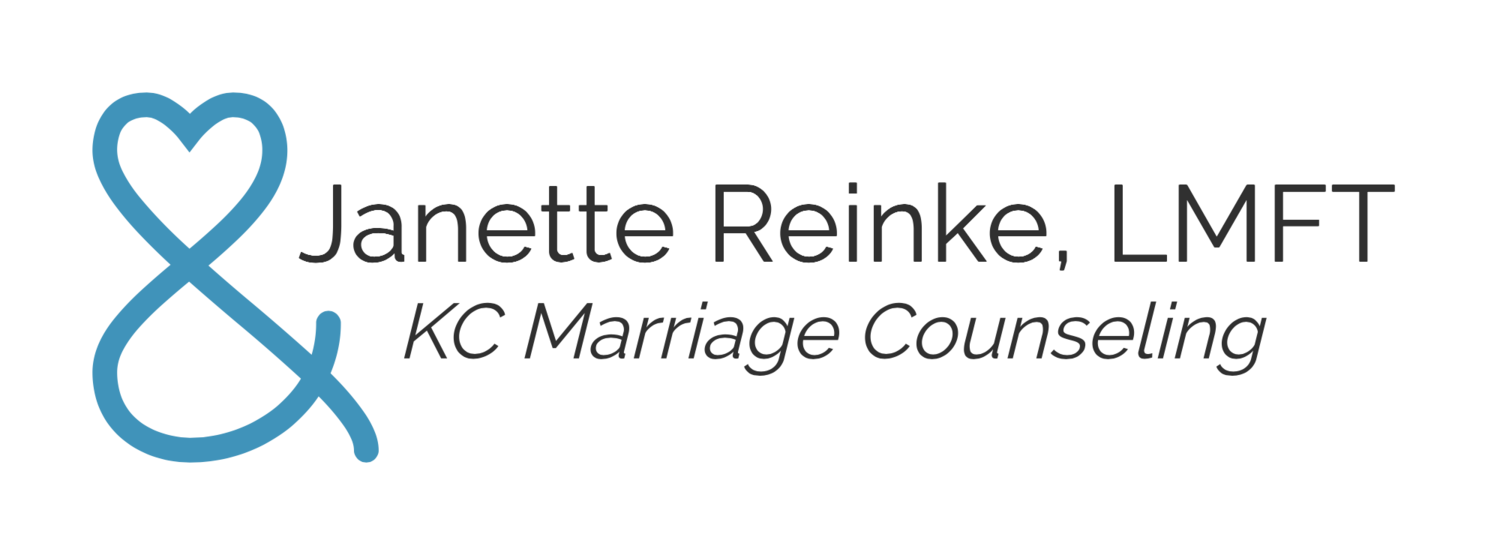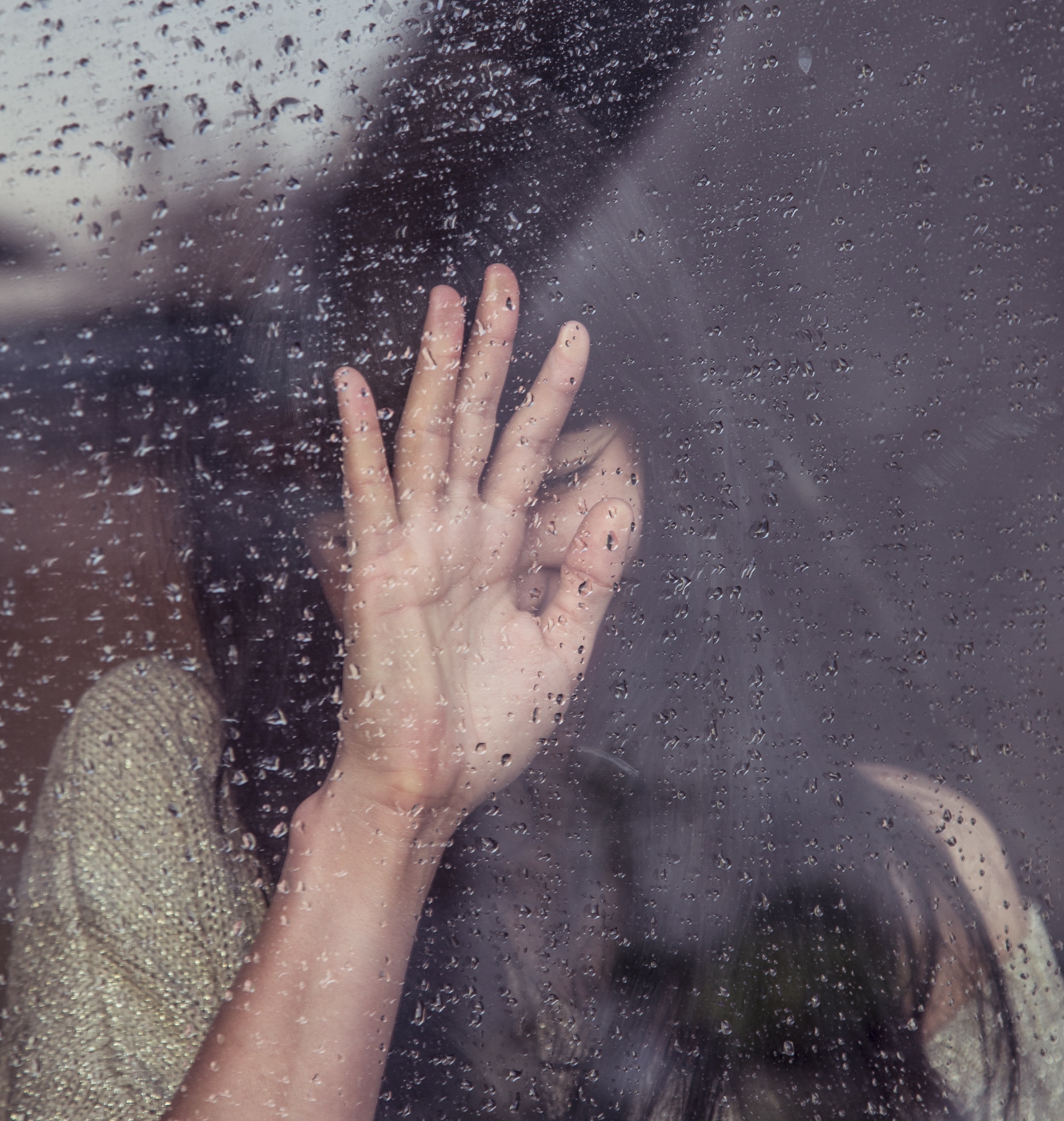Depression
Depression sucks.
It sucks the life right out of you.
Depression can kill you. Depression lies to you - tells you that you are unworthy of love, not worth the time, not even worth asking for help. Those thoughts are lies.
There is help. Depression is treatable and you don't have to suffer.
The bad new is that for adults with ADHD, depression is estimated to occur 2.7 times more than in the general population.
The good news is that depression is treatable - even for adults with ADHD/ADD.
Common depression symptoms include:
- Change in sleep - having trouble falling asleep, staying asleep and/or early morning waking.
- Change in appetite - depression can lead people to eat more than normal or much less than normal
- Lack of concentration - sometimes even watching TV or reading a novel is difficult with depression. Difficulty making decisions can also be a symptom.
- Hopelessness - feeling like nothing will ever change and nothing good will ever happen. Suicidal thoughts can sometimes follow feelings of hopelessness - and need to be taken seriously
- Lack of interest - a loss of interest in or ability to feel pleasure with activities, hobbies, or other things that used to be interesting or fun.
- Rumination - replaying losses or failures over and over - being stuck in a rut with negative thoughts.
Is it Depression, ADHD, or both?
Sometimes the symptoms of ADHD overlap, or sometimes symptoms of ADHD and depression mimic each other - such as difficulty concentrating, lack of motivation, or low self-esteem.
It is important to figure out if the primary issue is depression or ADHD - because sometimes ADHD causes the depression and if you treat the ADHD/ADD, then the depression with get better.
If depression is the primary issue, it is important to treat this condition first as depression can be life-threatening.
How to tell if it is depression or ADHD
- Emotions - people with ADHD can have mood swings and dark days - which are usually tied to specific setbacks. The down times during ADHD also are transient and don't last very long. The low mood associated with depression tends to last much longer, weeks or months. They may also feel like a dark cloud is over them for no particular reason.
Also, someone with depression has had times where their mood is normal and no depression is present. Someone with ADHD has had issues and symptoms since childhood.
- Motivation - With ADHD, people usually feel like they want to get started on something, but don't know what, or feel overwhelmed with everything they need to do, so they freeze and do nothing - well, nothing productive - unless you call video games, making endless lists, checking twitter, or updating Facebook productive.
With depression, people usually feel like a huge weight is sitting on them, and they can't be productive, or even think. Just taking a shower or getting out of bed is difficult.
For someone with depression, nothing is fun anymore. For those with ADHD, everything (except the boring task you have to get done - cleaning bathrooms?) is fun.
- Sleep difficulties - People with ADHD have trouble "turning off their brain" at night when they are trying to get to sleep and they usually sleep through the night. People with depression might have problems with staying asleep during the night or with early morning waking. Their sleep is fitful and anxious and not restful.
Again, it is important to figure out whether the depression or the ADHD/ADD is primary. One would want to address the ADHD and see if the depression does not lift on its own (or with other natural remedies such as exercise, diet and proper rest) before considering a medication regiment to treat the depression.
If the depression is missed and only ADHD is treated, then that could actually make the mood disorder worse.




